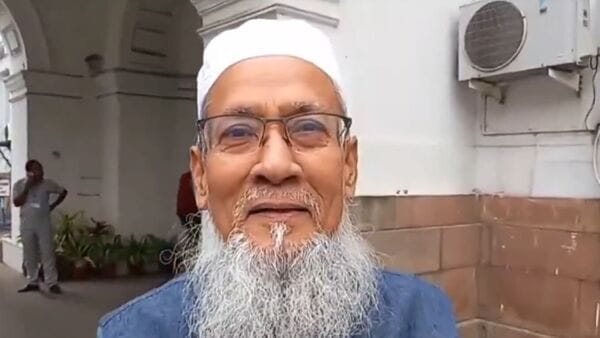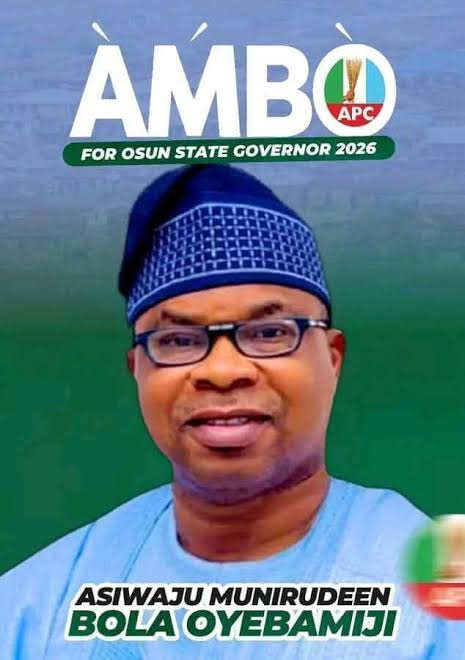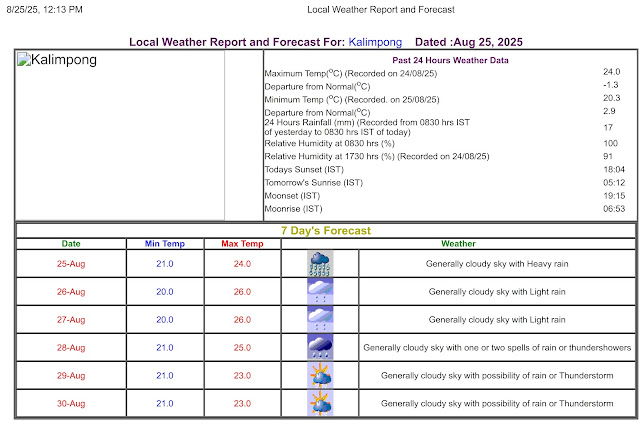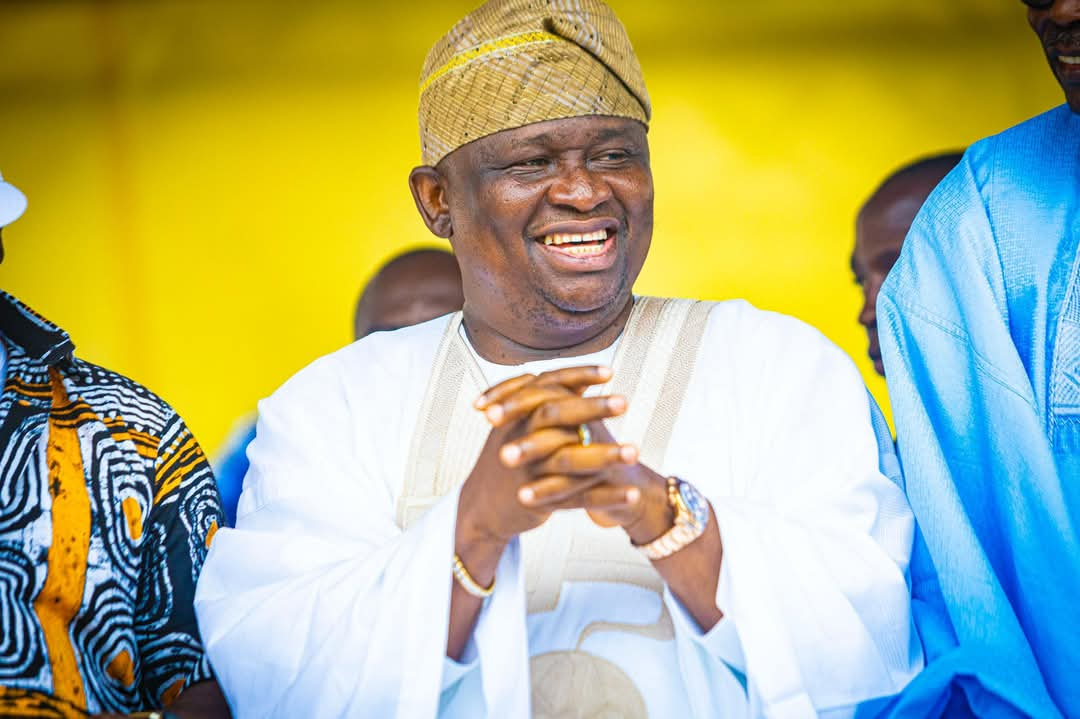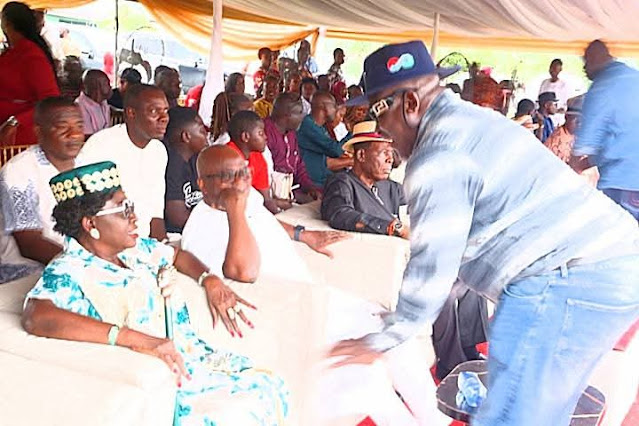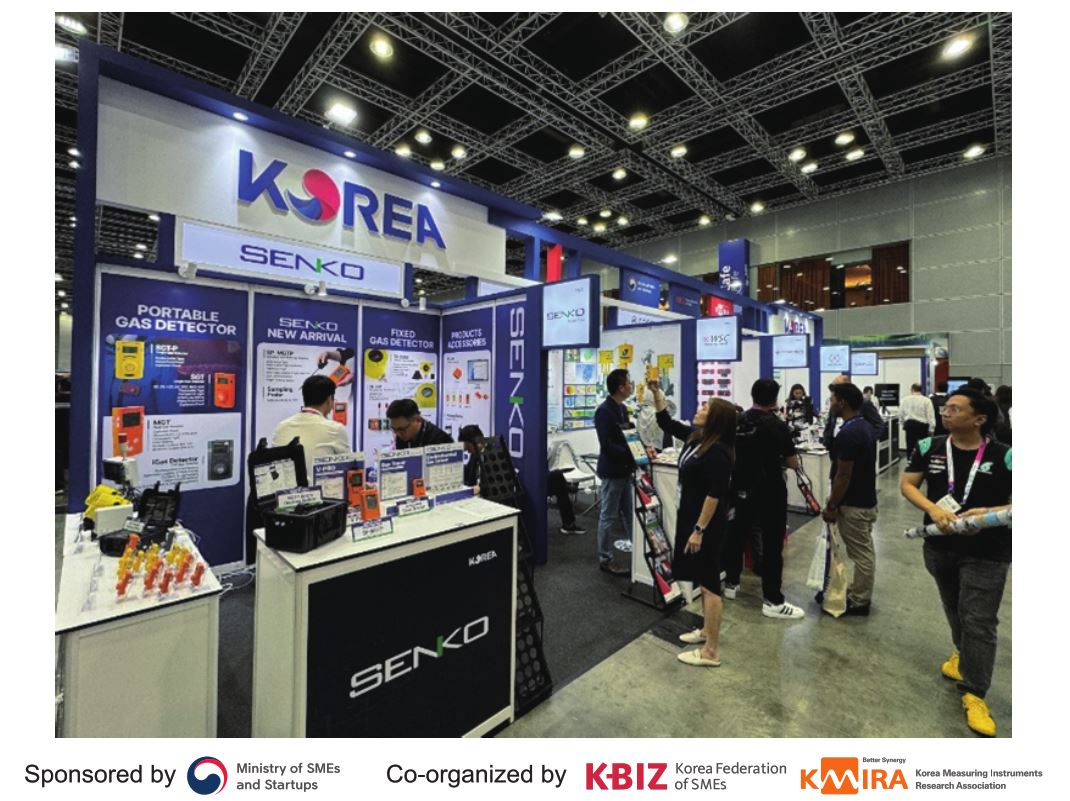Baby Chakraborty, KalimNews, Kolkata, July 10, 2025 : West Bengal’s political landscape witnessed fresh turbulence following a violent attack on State Library Minister Siddiqullah Chowdhury during a preparatory visit for the upcoming Trinamool Congress (TMC) Martyrs’ Day rally, scheduled for July 21. The incident occurred on July 3, 2025, in Monteswar, Purba Bardhaman, where a section of alleged party workers, some armed with brooms, waved black flags and attacked the minister’s convoy. Chowdhury’s car was targeted in front of the police, his driver sustained injuries, and the minister himself narrowly escaped harm.
Following the attack, Chowdhury expressed grave dissatisfaction with the law enforcement response, stating that the local police had prior knowledge of a possible threat but failed to act in time. In the immediate aftermath, he named Ahmed Hussain Shek, President of the Monteswar Panchayat Samiti, as the alleged mastermind behind the assault, branding him a “known anti-social element.”
Deeply aggrieved, Minister Chowdhury initially announced his intention to resign, declaring, “If those responsible are not thrown out of the party, I will leave. I will gather 20 lakh people for a rally.” His statement added significant pressure to an already sensitive situation, especially with the TMC intensifying preparations for its flagship July 21 event.
Chowdhury, known for his influential role in mobilising public support, had previously led protests on the Waqf law issue that had disrupted city functioning, underlining his capacity to stir mass mobilisations.
The incident prompted swift political and administrative response. Chief Minister Mamata Banerjee personally intervened, calling the minister the day after the incident and assuring him of strict action against the perpetrators. According to sources at Nabanna, the Chief Minister’s call lasted around five minutes, during which she reportedly reiterated the state administration’s commitment to justice. This assurance ultimately led the minister to retract his resignation and reaffirm his association with the party.
Minister Chowdhury later confirmed that the Chief Minister had assured him that strong disciplinary and legal measures would be taken wherever such incidents occurred. “Seven people have been arrested. I have submitted the names of those involved to the police. The administration knows who the offenders are. The Chief Minister said strict action will be taken anywhere such incidents happen,” Chowdhury stated, indicating a renewed confidence in the state’s response mechanisms.
Police have arrested seven individuals so far in connection with the case and filed FIRs against 41 others. One of the arrested persons is reportedly linked to the Trinamool Chhatra Parishad (TMCP), further complicating the internal dynamics of the ruling party. The attack, allegedly orchestrated by disgruntled party workers from Chowdhury’s own constituency, highlights growing factionalism within local TMC ranks.
The gravity of the incident also caught the attention of senior TMC leader Firhad Hakim, who reached out to the minister over the phone. Chowdhury, who had been on the verge of resigning from both ministerial duties and party membership, softened his stance following Hakim’s intervention, eventually reaffirming his commitment after speaking to the Chief Minister.
Minister Chowdhury, clearly shaken but resolute, also met with the Superintendent of Police to lodge a formal complaint. He emphasised that if a state minister could be attacked in broad daylight, it raised serious concerns about the safety and faith of the general public in law enforcement. “If a minister is not safe, how will ordinary people trust the police to protect them?” he questioned, underscoring the broader implications of the incident on public confidence in state governance.
This episode, coming just weeks before the politically significant July 21 rally, has put the TMC leadership on high alert. While the Chief Minister’s quick response has helped to de-escalate immediate tensions, the incident has exposed rifts within the party and raised questions about internal discipline and grassroots control. With key leaders like Siddiqullah Chowdhury playing crucial roles in maintaining support bases, ensuring their protection and confidence remains vital for the party’s cohesion and electoral prospects.
As the investigation continues and the administration pledges firm action, all eyes remain on how the ruling party manages internal dissent while preparing for one of its most symbolic political gatherings of the year.


